Central textbook procurement : The effects are showing
The procurement of textbooks for public schools has been centralised from 2012 onwards, with the intention to ensure that all schools get their textbooks on time. Up to 2012 schools could buy textbooks directly from suppliers. Schools will now have to select textbooks from a catalogue (compiled by the National Department of Education) and place orders with the provincial department. The provincial department consolidates orders from schools and sends the consolidated numbers to the national department which in turn will place a small number of big orders with a selected group of suppliers. The suppliers will deliver the textbooks to the provincial departments and the provincial department must arrange for the books to be distributed to the schools. After 6 months, the effects of central procurement are becoming visible.
Despite assurances that the education department would meet a high court ordered deadline of 15 June, it was reported that some Limpopo schools are still without textbooks. According to the footage shown on television, it looks as if the books are still at warehouses at the department of education. Central procurement has therefore not resolved the problem of the delivery of textbooks, it has only shifted it from the school to the provincial department.
School governing bodies have the right to determine the admission, language and religious policy of the school. If schools have a limited choice of textbooks, it will become increasingly difficult for schools to select books that are in line with the values of the school. It was reported that the Basic Education Department’s new textbook catalogue, contains far less titles than the previous provincial catalogues.
In it’s submission on the proposed national curriculum and assessment policy statements, Leendert van Oostrum made the following statement : “By specifying the learning content to the level of detail that it does, the proposed curriculum constrains all learners in the country to learn the same small fraction of the wide field of possible knowledge. We shall, therefore, be cultivating a population where everyone knows the same few things, while nobody knows anything about the vast majority of what can be known and needs to be known.” The reduction of choice of textbooks will contribute even more towards cultivating a population where everybody know the same few things.
The prescription of textbooks that are not in line with the values of the school has already caused concerns with parents. In March is was reported that parents in a Pretoria high school were upset about the prescribed book for Afrikaans Gr. 10. In a newsletter of the Family Policy Institute it was reported that a book named “Die Arkvaarders” (In The Shadow of the Ark), written by Belgian novelist Anne Provoost, that portrays Noah and his sons as murderers and rapists, might be prescribed for South African high schools.
Parents that are looking to provide their children with an education that matches their values, and expose their children to a wider variety of learning content than the state curriculum will have to look towards private schools and home education. In March 2011 judge Cynthia Pretorius of the high court of Pretoria has confirmed that the national curriculum is not binding on independent schools and parent that educate their children at home.
Events
Legal & Research
Homeschooling and the law
Home schooling was recognized in 1996 in Section 51 of the SA Schools
+ ViewCentres
Homeschool ABC
Support
Curriculums
Frequently Asked Questions
-
Do homeschoolers take holidays?
Yes, they take breaks. Some homeschool families follow the public school year calendar especially if they are involved in sport and music...
-
What is home education or homeschooling?
Home education is the oldest form of education. The school system as we know it is actually fairly new. It is done under the guidance and the...
-
Do I need to be a qualified teacher?
No. Research has found no correlation between the qualification of the parent and the academic performance of the child. Research shows that...
-
Can I be a working mom and homeschool?
Single parents who are committed to homeschool organize a schedule around their work commitments and sometimes involve family or tutors to assist...
Has no content to show!









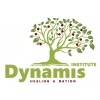
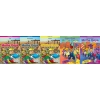

















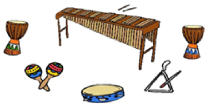


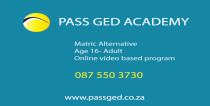
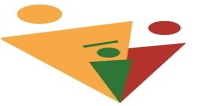

Comments 1
Pupils wanting to find books can join, or post messages to, my free group http://groups.yahoo.com/group/FindABook/